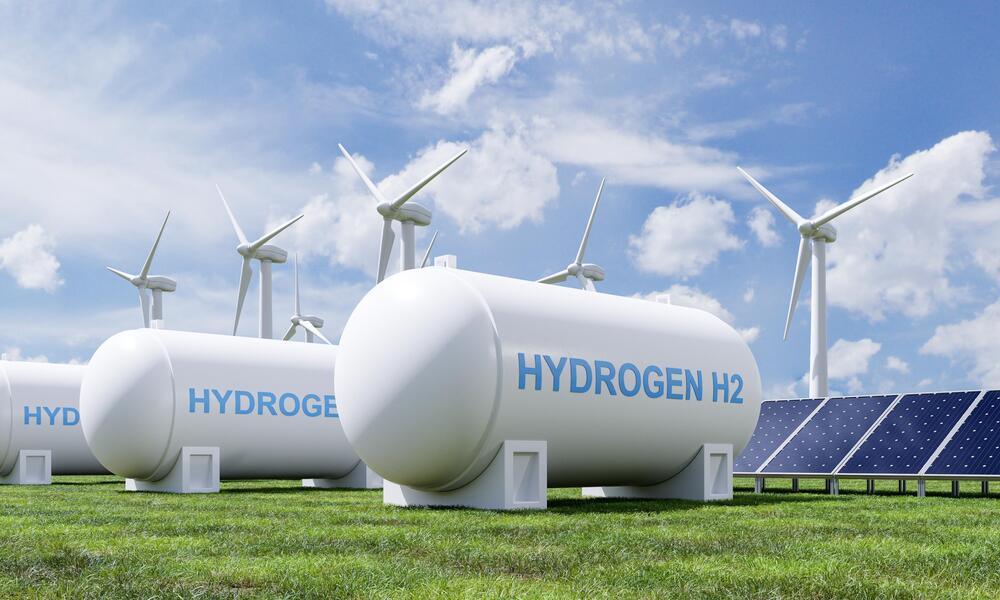We can unlock the potential of green hydrogen
Green hydrogen is not yet widely available, and significant advancements are still required for it to be deployed on a large scale.
Technological innovation: To deploy green hydrogen at a large scale, innovation to lower costs and increase efficiencies across combustion, storage, and transportation will be critical.
Market development: It is important for large corporate energy users, especially in heavier industrial sectors, to signal stronger demand for green hydrogen. Developing new business models will be necessary to drive investment in this fledgling market. In the long run, standardized contracting practices will also make it easier for more energy users to buy green hydrogen.
Better environmental, health, and safety standards: Hydrogen is the smallest molecule. It can easily pass through materials, creating leakage issues. And while hydrogen production does not generate greenhouse gas emissions, hydrogen combustion, like any combustion reaction that heats air to high temperatures, creates harmful pollutants called nitrogen oxides. These are linked to smog, acid rain, and damaging health impacts such as asthma and respiratory infections. To address these issues, more stringent environmental, health, and safety standards need to be implemented throughout green hydrogen production, storage, transportation, and use.
Communities of color and low-income communities are disproportionately affected by the impacts of climate change and air pollution. To ensure that the hydrogen market is growing in a just and equitable way, local communities and affected workforces should be meaningfully engaged and included in the design and development of hydrogen projects.
Policy support: There’s a big reason to expect rapid advances in the coming years. Last year’s landmark federal climate legislation, known as the Inflation Reduction Act, will make green hydrogen a lot less expensive over the course of the decade. Its cost is similar to that of conventional natural gas and fossil fuel-based hydrogen and is expected to continue to fall. Numerous legislative proposals to advance the use of hydrogen were introduced during the last Congress. We anticipate seeing similar proposals introduced during the 118th Congress.
As the world struggles to address the worsening climate crisis, we need to think big. Green hydrogen has the potential to decarbonize heavy industry, a sector whose emissions have proved to be some of the most difficult to tackle. Equitable development and deployment of hydrogen energy could make a real impact toward combating the climate crisis while supporting a just energy transition for communities.
